World Bank: NNPCL’s Reports to FAAC Inconsistent and Lacking Revenue Details
The World Bank has expressed concerns about the Nigerian National Petroleum Company Limited’s (NNPCL) “lack of transparency and inconsistent financial reporting,” which it asserts has hindered effective oversight of oil revenue distribution to Nigeria’s Federation Account.
These findings were detailed in the bank’s Accelerating Resource Mobilisation Reforms (ARMOR) Report, published on May 17, 2024.
The World Bank criticized NNPCL’s governance, highlighting that the reports submitted to the Federal Account Allocation Committee (FAAC) were inconsistent and missing essential information, such as details on pledged revenues, crude oil trade values, actual payments, and receipts from international transactions.
“Non-transparent reporting to the Federal Ministry of Finance (FMF) and FAAC makes it difficult for authorities to oversee NNPCL’s performance,” the report stated.
The report also flagged NNPCL’s practice of pledging oil barrels for business deals. It noted an agreement to pledge 35,000 barrels per day in exchange for a stake in the Dangote Refinery, with a total investment estimated at $5.8 billion as of 2022, yet the declared revenue was reportedly below expectations.
Furthermore, the World Bank highlighted that while international oil prices rose by 116% from 2020 to 2023, Nigeria’s net oil revenue to GDP ratio decreased from 2% to 1.8%.
This decline was attributed to falling oil production and fuel subsidies managed by NNPCL. The ARMOR report warned that Nigeria’s heavy reliance on oil revenue has made the economy vulnerable, with production dropping from 1.8 million barrels per day in 2020 to 1.4 million in 2023 due to security challenges and underinvestment.
In addition to addressing these issues, the World Bank urged Nigeria to implement fiscal reforms to diversify its revenue sources and enhance non-oil revenue collection. The Nigerian government is seeking a $750 million loan as part of a broader $2.25 billion package from the World Bank to support its economic reform initiatives.
These funds are contingent on demonstrable progress in boosting VAT collection, ensuring corporate tax compliance, and modernizing tax and customs administration.
The ARMOR program aims to increase VAT collections to 1.8% of non-oil GDP and improve digital tax infrastructure. Despite tax reforms in 2020-2021, Nigeria’s non-oil tax revenue remains low compared to other developing nations.
With a VAT rate of 7.5%, Nigeria has the lowest rate in Africa, significantly below the Sub-Saharan Africa average of 15.8%.
You may be interested
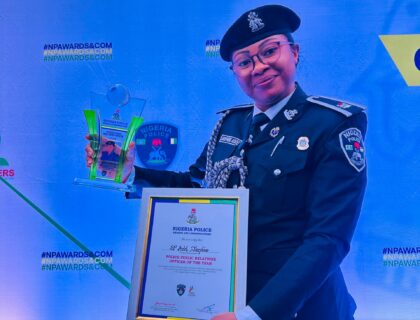
FCT Police Spokesperson SP Josephine Adeh Honoured with Best Police PRO Award at 2025 Nigerian Police Awards
gisthub - Jun 05, 2025Superintendent of Police Josephine Adeh, the FCT Police Command’s Public Relations Officer, has clinched the prestigious title of Public Relations Officer of the…

Woman Whose Lip Was Severed by Ex-Boyfriend Shares Recovery Seven Years Later
gisthub - Jun 05, 2025Kayla Hayes’ story is a powerful example of resilience in the face of unimaginable violence. In 2017, at just 17, she was brutally…

Pornhub Ban Spreads Across Europe Over Under-18 Access Dispute
gisthub - Jun 05, 2025Pornhub’s bold exit from France is a striking clash between digital privacy and regulatory zeal—a flashpoint in the ongoing war to shield minors…


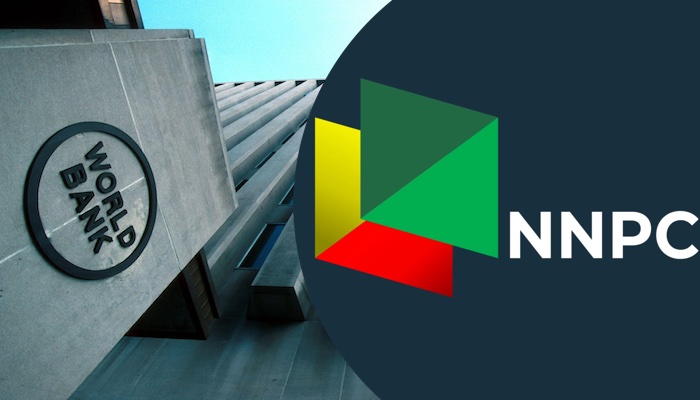


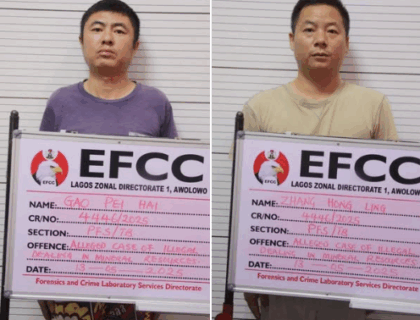
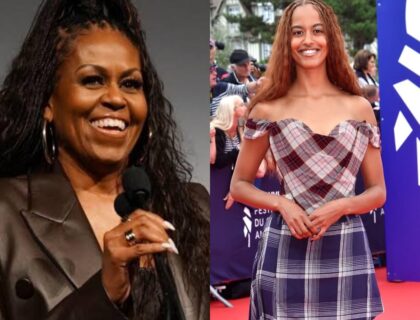
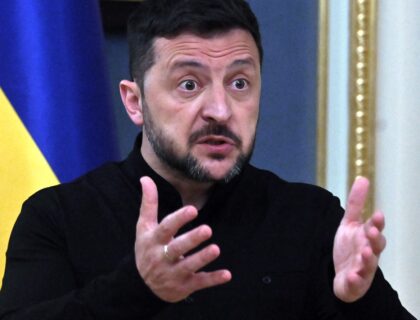






Leave a Comment